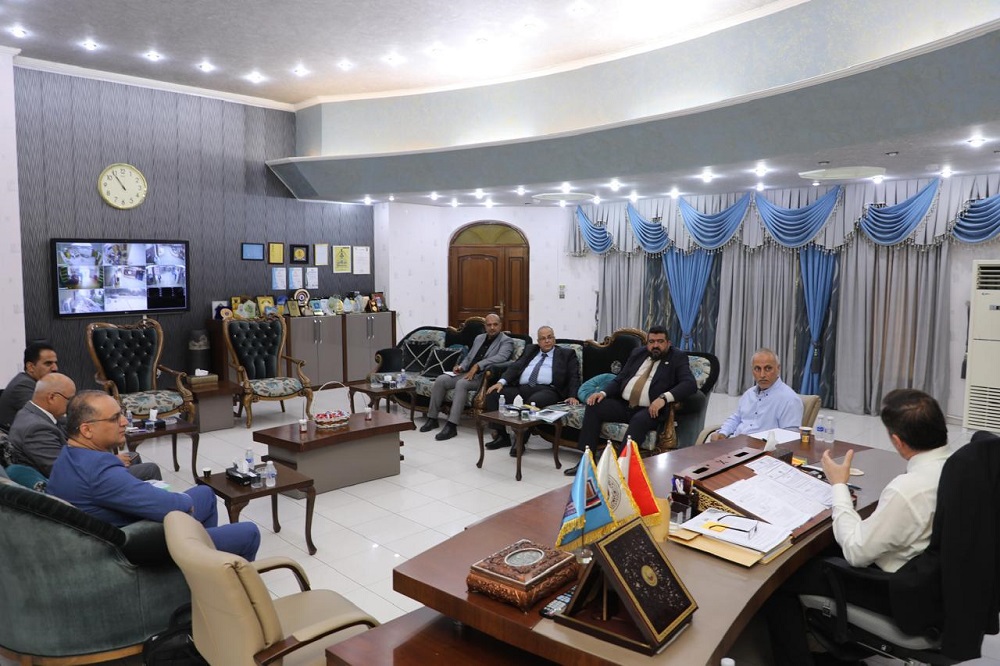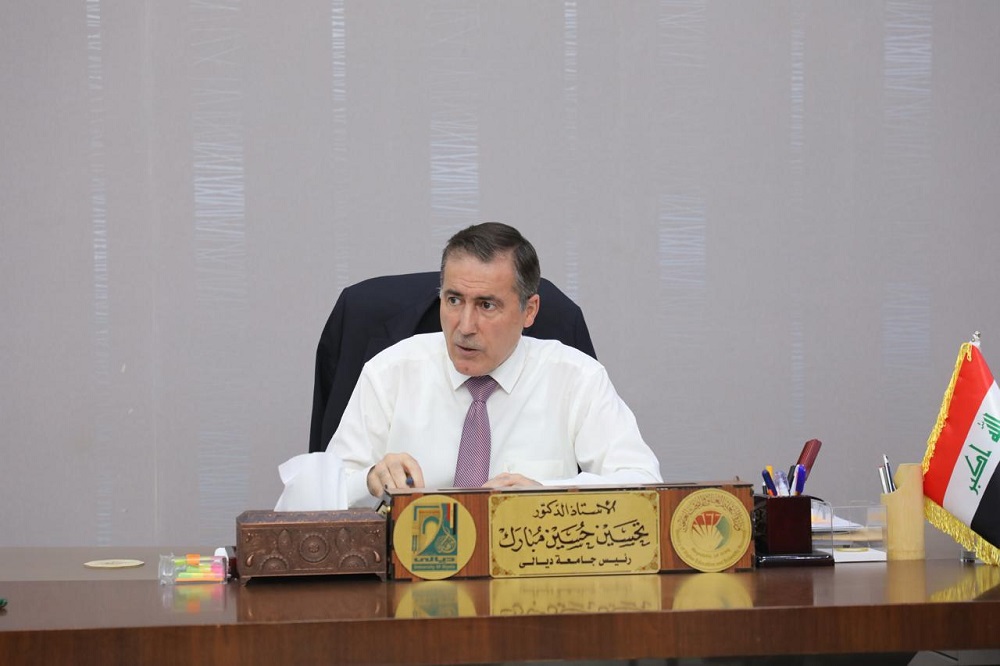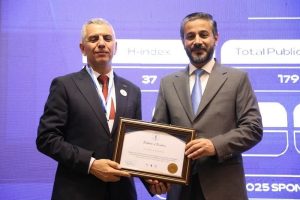University President Reviews Plans for Establishing New Colleges and Academic Departments
On Sunday, May 4, 2025, the President of the University of Diyala, Professor Tahseen Hussein Mubarak, convened a meeting with the University’s Innovations Committee to review the committee’s key initiatives. The meeting focused on finalizing preparations for the establishment of new colleges and scientific departments for undergraduate studies. During the meeting, Professor Tahseen Hussein Mubarak affirmed the University’s readiness to establish new academic departments in full compliance with the standards and regulations set forth by the Ministry of Higher Education and Scientific Research. He emphasized that one of the University’s strategic priorities is to launch academic programs aligned with contemporary technological advancements and evolving knowledge domains. He further highlighted the necessity of aligning academic offerings with labor market demands, particularly in light of the growing influence of artificial intelligence and emerging technologies.
Professor Tahseen Hussein Mubarak stressed the importance of regularly reviewing and updating academic programs to ensure they remain relevant and responsive to the dynamic changes occurring globally. He called on the University’s academic leadership to develop forward-thinking strategies that support innovation and modernization in higher education. The meeting also addressed a new strategic framework centered on revising academic specializations to better reflect global trends and support sustainable development goals. Key proposals included the establishment of the College of Artificial Intelligence Technology, comprising two departments: Cybersecurity Engineering and Artificial Intelligence Engineering. Additionally, plans were discussed for the creation of Mathematics and Physics departments within the College of Education for Pure Sciences, as well as the introduction of sub-specializations within the Computer Science Department in the College of Science. These initiatives reflect the University’s commitment to academic excellence, innovation, and responsiveness to both national priorities and global developments in higher education.



اخر تحديث في 05/05/2025




